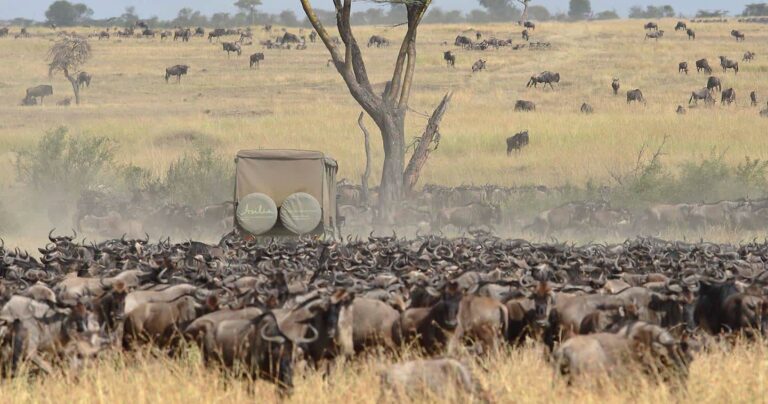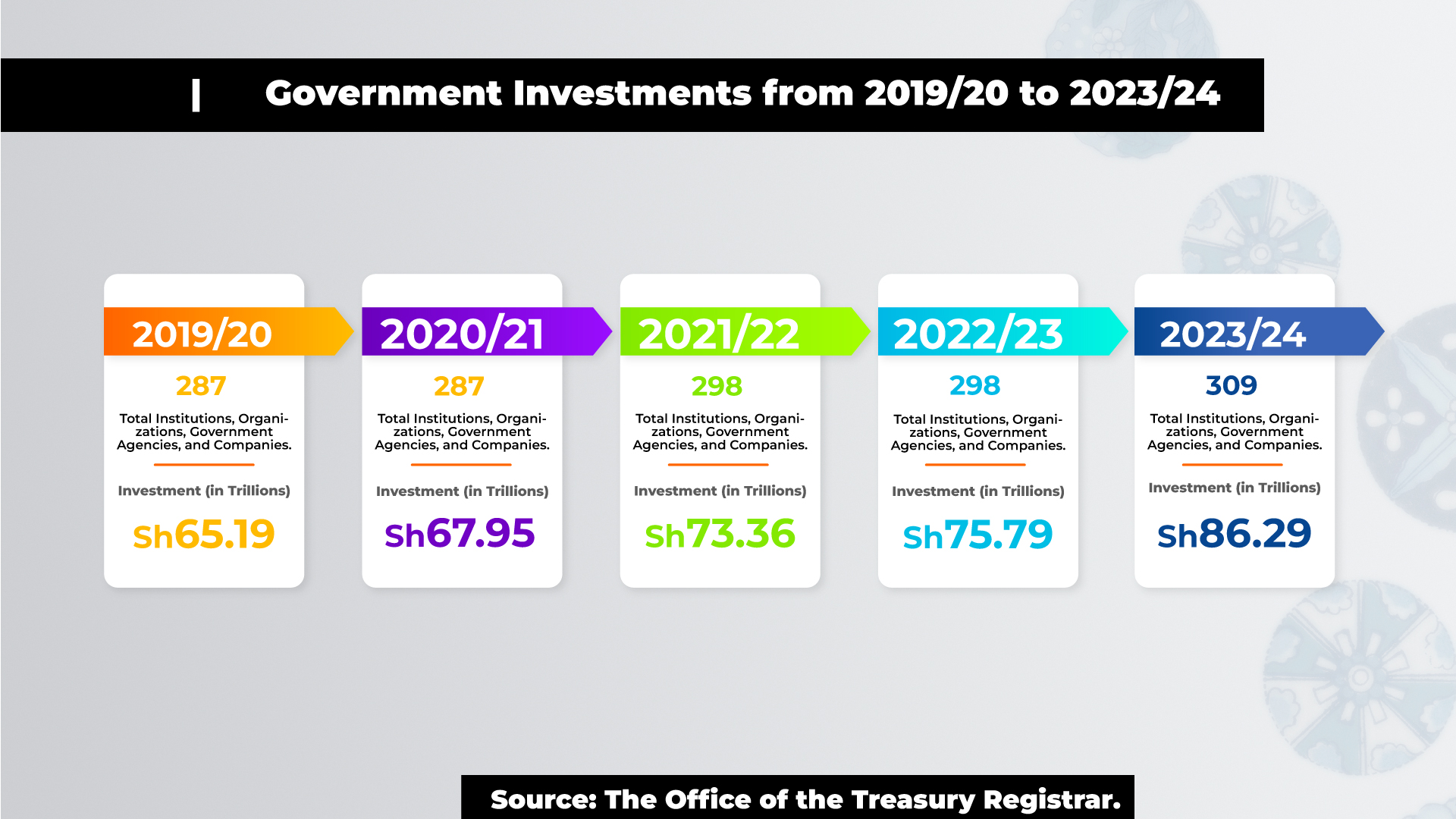Dar es Salaam. Tanzania’s tourism sector is poised for a significant uplift following the recent recognition of Serengeti National Park as Africa’s leading wildlife destination in 2025, confirming the park’s status as a crown jewel in global conservation and nature-based tourism.
A report published on May 5, 2025 by Breaking Travel News, a UK-based tourism news outlet, ranked Serengeti at the top of Africa’s ten best national parks.
It surpassed South Africa’s Kruger National Park and Kenya’s Masai Mara, which secured second and third places respectively. The ranking reflects both Serengeti’s natural splendour and the success of Tanzania’s conservation policies.
The park’s famed Great Wildebeest Migration — a spectacle involving over 1.5 million wildebeests, zebras, and gazelles traversing the plains in search of pasture — continues to capture the imagination of international tourists.
In addition, the Serengeti is home to the ‘Big Five’ game animals — lion, elephant, leopard, rhino, and buffalo — as well as hundreds of bird species, making it a haven for wildlife enthusiasts and researchers alike.
According to the report, the ranking considered not only the ease of wildlife viewing and scenic beauty but also conservation efforts, community engagement, and contributions to socio-economic development.
Serengeti’s continued dominance underscores the role of the Ministry of Natural Resources and Tourism, the Tanzania National Parks Authority (TANAPA), and conservation stakeholders in advancing sustainable tourism and habitat protection.
Other parks featured in the top ten include Etosha in Namibia, Chobe in Botswana, Bwindi in Uganda, Volcanoes in Rwanda, South Luangwa in Zambia, Botswana’s Okavango Delta, and Addo Elephant Park in South Africa.
The accolade arrives at a time when Tanzania is intensifying efforts to diversify and expand its tourism markets globally.
Government initiatives, in collaboration with the private sector and local communities, are aimed at improving infrastructure, enhancing visitor experiences, and protecting biodiversity.
Industry observers note that Serengeti’s recognition will not only strengthen Tanzania’s global brand as a premier safari destination but also stimulate greater investments across the tourism value chain.
These include transport, hospitality, conservation technology, and local enterprise development.
For visitors seeking immersive experiences within Africa’s iconic wilderness, Serengeti remains a destination of choice — a living testament to Tanzania’s natural heritage and a cornerstone of its economic resilience.







